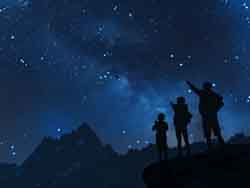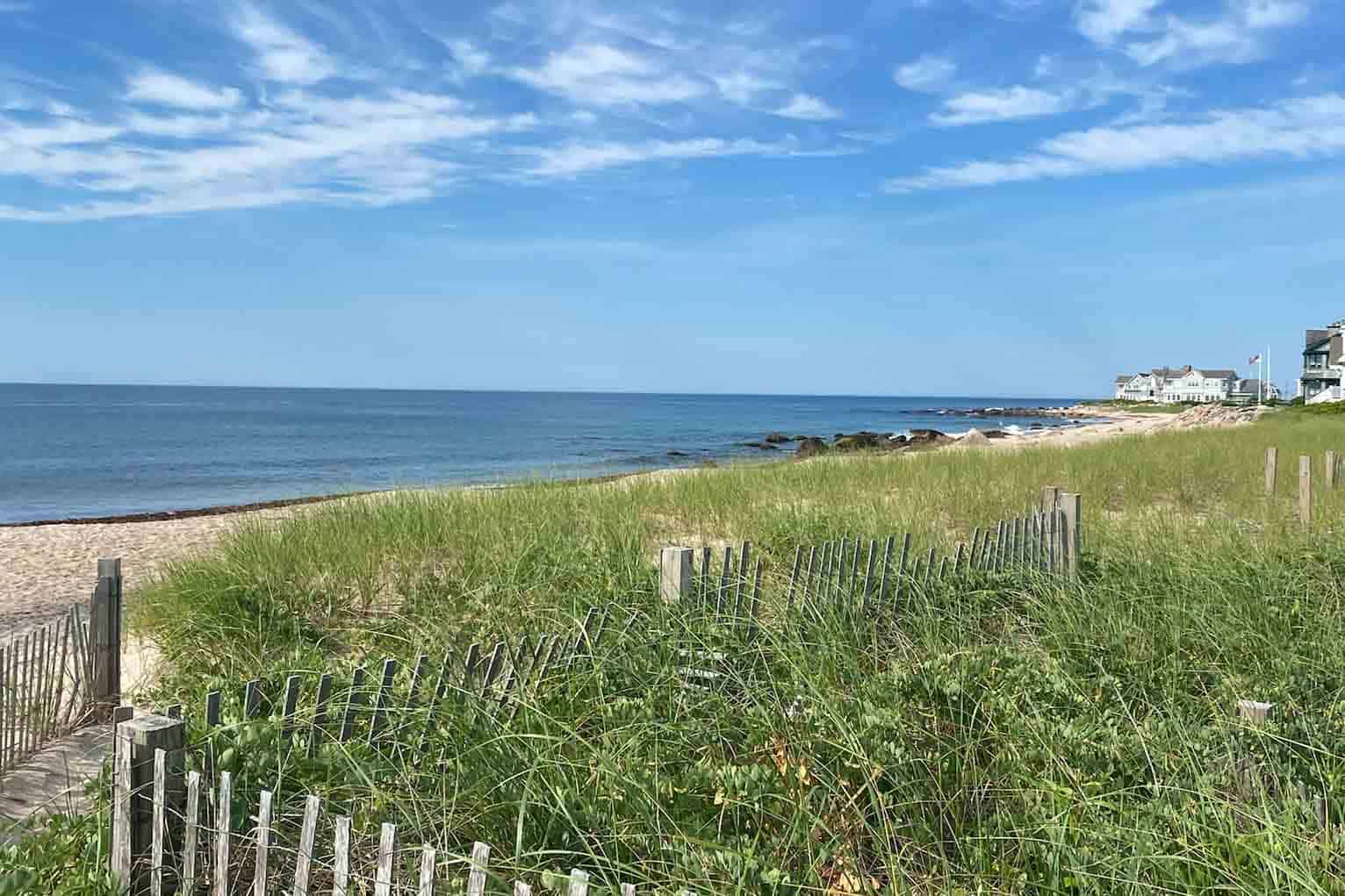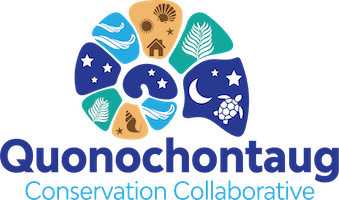Information About Protecting Dark Skies
Protecting South County’s Dark Skies – Slide presentation by Bill Steinman, DarkSky Advocate, July 2025
DarkSky – formerly the International Dark-Sky Association or IDA
(https://darksky.org/)
One of the best resources for information about dark skies, the impacts of artificial light at night, and simple steps we all can take to protect dark skies, the environment, and human health. DarkSky also offers a training you can learn to become a citizen advocate for protecting dark skies.
“Light Pollution and the Night Sky”
(www.halloweencostumes.com/light-pollution-and-the-night-sky.html)
A great primer for the challenges of light pollution and the simple steps we can all take to protect dark skies. Who better than a Halloween costume company to understand the value of keeping the night dark!
Local Resources
Frosty Drew Observatory & Science Center
(https://frostydrew.org/)
Did you know that we have a nationally-renown dark sky resource right herein Charlestown? The Frosty Drew Observatory is located in Ninigret Park, and offers an amazing and informative range of events throughout the year, including star gazing open houses on Friday evenings (weather permitting). The weekly star gazing nights are open to the public and free, though tickets are required. Tickets are available a few days before each event and can be obtained on the Observatory’s website. During the star gazing nights, the observatory’s advanced telescope is open and focused on an object or objects of interest, from Saturn’s rings to Jupiter’s clouds and many moons. Observatory staff also have numerous smaller telescopes set up for the public to experience and enjoy.
Charlestown RI Dark Sky Advocates Facebook Group
(https://www.facebook.com/groups/740510934279015)
Interested in getting involved in local efforts beyond Quonnie to protect dark skies? Head over to the Charlestown RI Dark Sky Advocates Facebook Group, where you can learn about local events, meet other passionate dark sky advocates, and enjoy the amazing dark sky photography of some very talented local residents.
Meteor Showers and Other Space News
American Meteor Society
(https://www.amsmeteors.org/)
One of the best things about living in a community with dark skies is the ability to enjoy the numerous meteor showers that visit our planet throughout the year. The American Meteor Society is a great resource for information about upcoming showers, anticipated intensity, and advice for when and where to look.
Earthsky
(https://earthsky.org/)
A great site about space news in our solar system and beyond, from the latest information about upcoming rocket launches and the chances of seeing the northern lights, to practical tips for using amateur telescopes. One of our favorite features of Earthsky is its “Tonight” page–it’s updated on a daily basis with the latest information on objects and events you can observe, you guessed it, tonight!
NASA
(https://www.nasa.gov/)
It goes without saying that NASA has a fantastic website with tons of information about our planet, solar system, space exploration, space weather, and more.
Light Pollution and Bird Migration
BirdCast Lights Out
(https://birdcast.info/science-to-action/lights-out/)
BirdCast provides real-time information about bird migration, and is a combined effort of the EPA, the National Audubon Society, and Cornell Lab of Ornithology (among others). Millions of migrating birds die each year from building impacts caused by light pollution. BirdCast’s Lights Out program is a citizen science project to reduce artificial light at night during the spring and fall bird migrations.
Additional information from Audubon can be found on the Lights Out Program webpage. Audubon estimates that less than one percent of bird mortality is due to window strikes that occur on high-rise buildings. Instead, fifty-six percent occur on low-rise buildings (with glass installed up to 100 feet in height) with the remaining forty-three percent occurring around homes. Most collisions happen in the “vegetative zone” (from the grass to the height of the trees), where birds actively forage for food and seek shelter in the morning after a long-night’s journey. It is during this time, that the birds – especially songbirds such as warblers, sparrows and thrushes – are vulnerable, as they frantically refuel and rest-up for the next leg of their trek.
Given this, we encourage everyone to turn artificial lights down or off between 11pm-to-6am during the critically important spring migration period from March 15 through May 15 (and again during fall migration from September 15 to November 15). Further, do what you can to make your windows “bird-friendly” so that birds can more easily see them and take corrective action to avoid collisions. The 3-4-week peak migration periods are especially important, as this is when the bulk of the passage takes place – typically the latter half of April and into early May, and late September through mid-October.
Simple Steps We Can All Take to Protect Dark Skies
The good news is that light pollution is the easiest form of pollution to prevent. The following is a list of practical and simple steps we all can take to protect Quonnie’s dark skies, and reduce the adverse impact of nighttime lighting on our ecosystem and our health.
- Turn off outdoor lights when you turn in for the evening. This is the single most effective step we can take to reduce light pollution.
- Reduce upward facing ornamental lighting. Illuminating trees and shrubs at night is harmful to their health and can reduce their lifespans.
- Turn off outdoor lights when you go away. If you’re a summer resident, please turn off your outdoor lights when you leave Quonnie for the winter. You’ll also dramatically reduce your electric bill.
- Use motion detecting lightbulbs in your outdoor lighting. Motion detecting bulbs are inexpensive and widely available.
- Install dark sky compliant outdoor lighting. The best outdoor lighting to protect dark skies completely shields the light bulb, and directs the light downward. DarkSky maintains a searchable database of outdoor lighting that minimizes light pollution. You can find this database here.
- Install effective window treatments. Outdoor lighting isn’t the only source of light pollution. Indoor lighting without shades or curtains can have the same adverse impacts as leaving your outdoor lights on at night, including bird collisions, harming nighttime pollinators, and disrupting sleep patterns.
- Talk about dark skies! Talk to your friends and neighbors about protecting Quonnie’s beautiful dark skies. Inform a neighbor about an upcoming meteor shower, an event at Frosty Drew, or simply go for a walk at night and point out the stars and the Milky Way!
If you know of other dark sky resources, please let us know and we’ll add it to the resource list. Thank you!

Additional Resources to Consider

